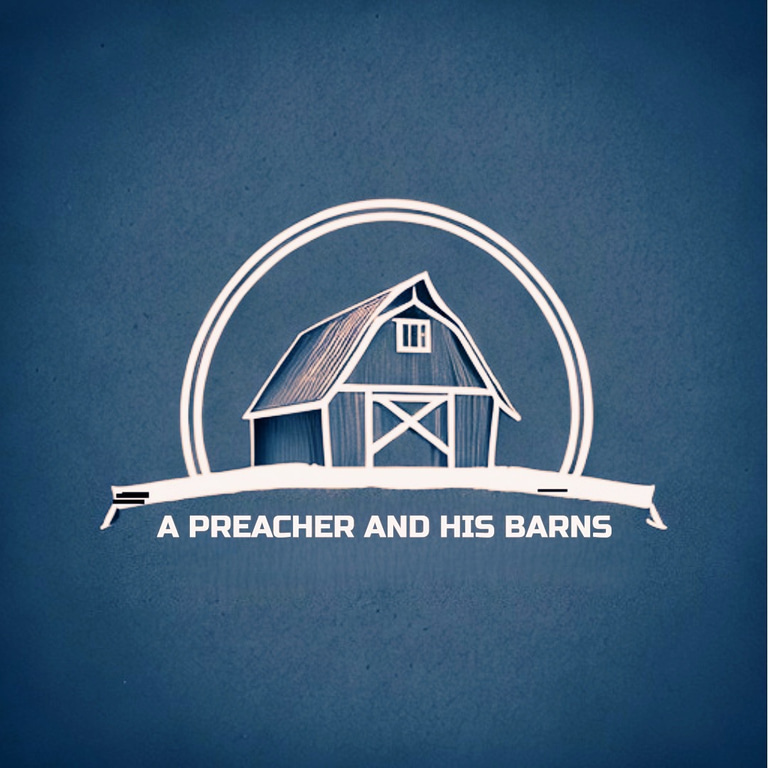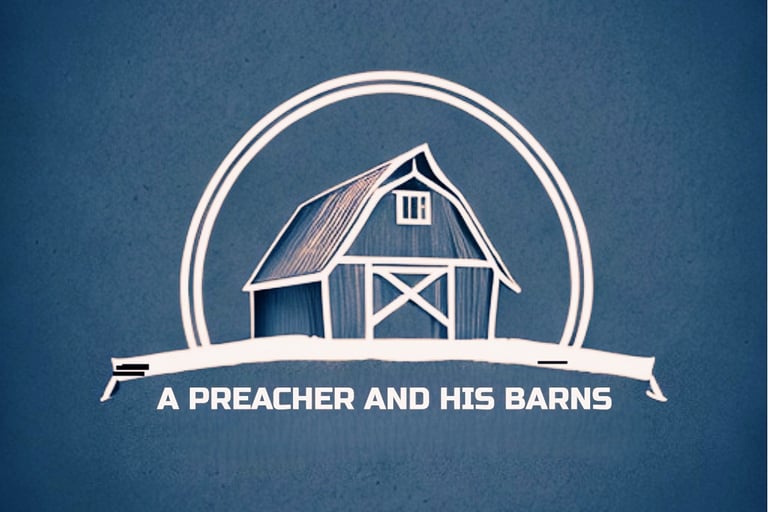In Flander’s Fields
The red poppy has come to be synonymous with the ultimate sacrifice of the soldier. In Flander’s Fields is recognized around the world as one of the greatest poems ever written and it has been put to music many times.
FEATUREDDEVOTIONS


In Flander’s Fields
The great poem “In Flanders Fields” was written on May 3, 1915 by John McRae, a Canadian serving in the First World War. He watched his close friend die amidst the horrors of trenched warfare and then presided over his funeral. Lieutenant-Colonel McRae noticed how the poppies grew quickly over the fresh new graves. They were a harsh, yet beautiful, reminder of the reality of war.
Unsatisfied with the poem he had written, he tossed it away, but his friends retrieved it and it was published by the end of the year. It became wildly popular with civilians and soldiers alike.
The red poppy has come to be synonymous with the ultimate sacrifice of the soldier. In Flander’s Fields is recognized around the world as one of the greatest poems ever written and it has been put to music many times.
McRae went on to great fame, although he died just a short time later, in January of 1918. He died of pneumonia in a military hospital in France. He never saw the end of the war but his work has helped the world deal with the horrors of it for over a century now. Here is the poem he wrote 106 years ago:
In Flanders Fields
In Flanders Fields, the poppies blow
Between the crosses, row on row,
That mark our place; and in the sky
The larks, still bravely singing, fly
Scarce heard amid the guns below.
We are the dead. Short days ago
We lived, felt dawn, saw sunset glow,
Loved and were loved, and now we lie,
In Flanders fields.
Take up our quarrel with the foe:
To you from failing hands we throw
The torch; be yours to hold it high.
If ye break faith with us who die
We shall not sleep, though poppies grow
In Flanders fields.


